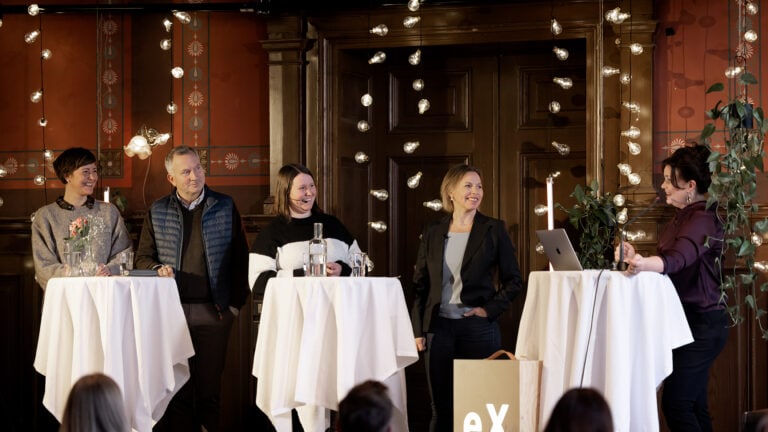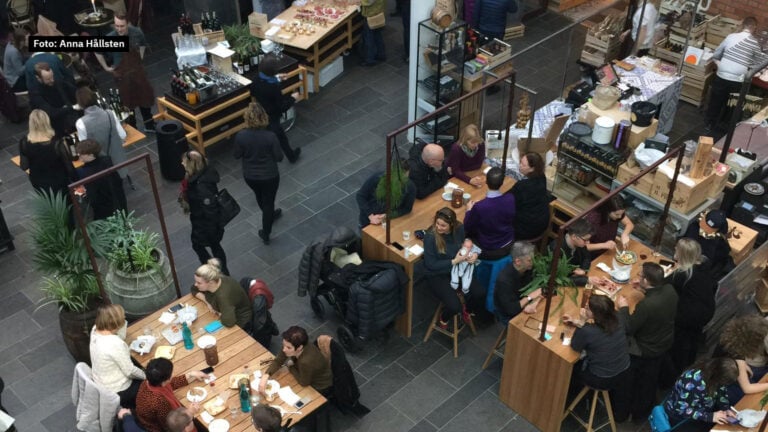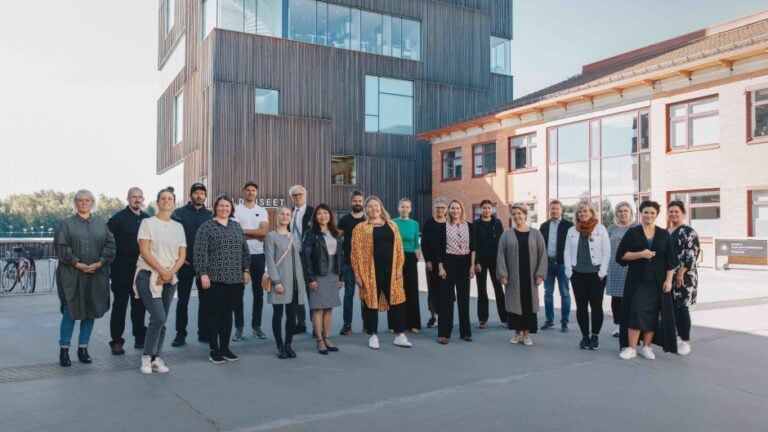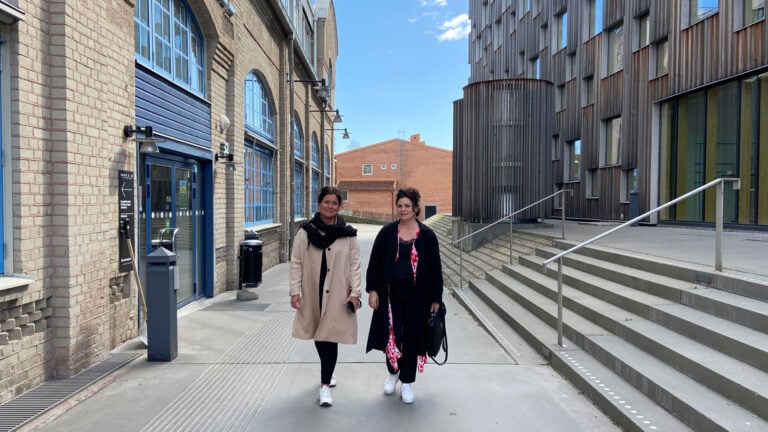After more than two years of the pandemic, we have now gradually begun to put its most dramatic phases behind us. For many people, the pandemic has been a challenging time, marked by uncertainty in the form of fear of disease, restrictions, changes in working practices, new conditions for social interaction and a major impact on society at large. Today, in the spring of 2022, there is a gradual return to the workplace and the so-called new normal. How the return can or should take place and what the new normal actually entails is still uncertain. In light of this uncertainty, the conversation about what lessons can and should be taken away from the past few years is important to have. How can the new normal be created in light of the experiences and knowledge we carry today? We addressed the questions to business and industry developers working in six municipalities in Västerbotten.
Challenges for a business promoter
When asked what has been challenging during the pandemic, one of the answers is that it has been difficult to reach out through digital platforms with engagement and clarity as well as to keep up to date with colleagues and companies. It has also been difficult to be on the ground in the physical environments and, in addition, restrictions have meant that spontaneous visits have not been possible. This in turn has made it difficult to keep up to date with what is happening in the companies and to gain an understanding of what the needs are. This, it is argued, has further complicated the ability to work on a longer-term development perspective as the focus has been forced to be on problem solving in the here and now. Finally, the large flow of information from different actors is also highlighted as large and difficult to navigate.
The other side of the coin: new opportunities
While restrictions and increased digital work have been perceived as limiting, there is also a different and more positive view of the pandemic and its impact on the ability to promote business. The pandemic is described as having given rise to a digital acceleration which is seen as positive. The acceleration has been experienced as a kind of exploration which has worked thanks to high acceptance and patience of partners, colleagues and the companies they work to promote. For example, it has created the possibility of conducting study visits, meetings and events digitally. This, they say, has been time-saving and efficient and has created the conditions for more people to be able to participate in events and activities of various kinds. The ability to reach out to new networks and to interact between municipalities and bring together new actors and groups has also been perceived as more convenient and as an important and interesting opportunity.
Today, we can see that most companies and business support organisations have been able to adapt during the pandemic and have done so quickly - despite the fact that conditions have rarely been optimal. Not least, they have also developed the courage to embrace new digital technologies. The ability to collaborate and adapt, the willingness to explore, learn and develop has been high," concludes, Annakarin Nyberg, program manager business developer at eXpression Umeå.
The pandemic has highlighted the importance of environmental assessments, risk analysis and crisis planning. Although these analyses and plans have been forced through in crisis and hard work, the fact that they are in place today is something that is highlighted as an example of important work carried out because of, or because of, the pandemic.
We have carried out risk analyses and updated crisis plans, we are simply better equipped and prepared for similar situations in the future. This applies to both businesses and to those of us working in business promotion. Lena Öhlund director of operations at the Bic Factory incubator in Umeå.
Towards the new normal: key lessons
Digital meetings are described as efficient, sustainable and more economically beneficial. At the same time, physical meetings are needed to continue to develop and create synergies between companies. One or the other is not perceived as more beneficial, however, hybrid meetings are highlighted as inefficient and not seen as a desirable form of meeting and collaboration.
Another important lesson is to maintain the approach developed during the pandemic. A way of working that has been characterised by being more flexible, fast and daring to "go for it" in order to explore ways of meeting businesses in their everyday lives.
We have learned that we can develop powerful new customer offerings in a short time, that we don't need to test them to the extent we did before. It will be good enough anyway," says Torbjörn Edwall, Business Developer at Almi Nord.
An important aspect to consider as we move towards the new normal is the shift from digital to face-to-face, digital to hybrid meetings and the redefinition of standby time. During the pandemic, meetings were often booked block by block via digital meeting platforms, which could result in a working day with few breaks and limited time for reflection, summarising and planning. In the context of the return, it is important to reintroduce standby time to enable the combination of digital, analogue and hybrid meetings. This is an important prerequisite for a sustainable working life.






